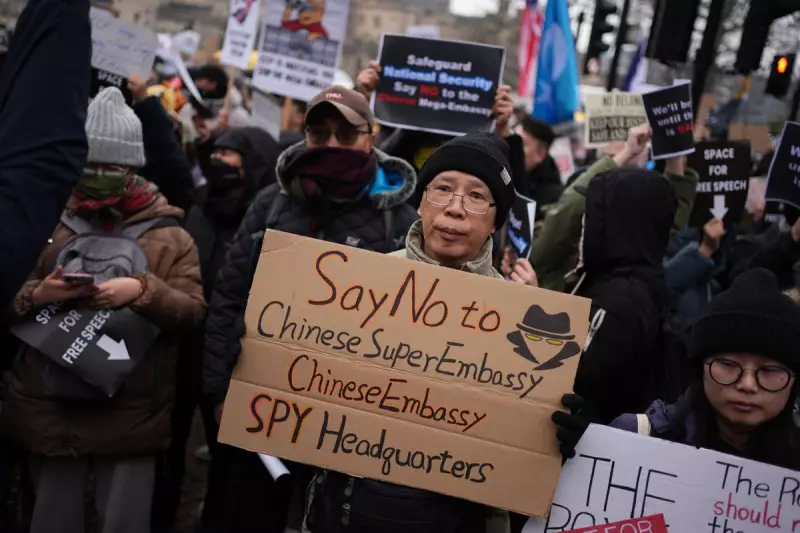
The head of MI5 has issued an unprecedented security alert to Members of Parliament, revealing a sophisticated Chinese espionage operation using fake LinkedIn profiles to target British politicians and officials.
The Sophisticated Recruitment Approach
In a rare public intervention, MI5 Director General Ken McCallum disclosed that Chinese intelligence services have been creating convincing fake profiles on professional networking platforms to approach and cultivate relationships with British politicians. The operation, described as "persistent and sophisticated," represents one of the most significant state-sponsored espionage threats facing the UK.
The security service identified that operatives from the Chinese Communist Party's United Front Work Department have been posing as headhunters, consultants, and fellow professionals to establish contact with MPs and other influential figures. These fake profiles typically appear legitimate, complete with professional photographs and detailed employment histories designed to appear authentic.
Targeting Strategy and Methods
According to security sources, the approach typically begins with seemingly innocent connection requests or messages praising the target's work or expressing shared professional interests. The conversations gradually progress to more substantive discussions about policy positions, political views, and access to sensitive information.
The Chinese Embassy in London has consistently denied all allegations of espionage activities, describing the claims as "completely fabricated" and accusing critics of harbouring "Cold War mentality." However, security officials maintain they have compelling evidence of the operation's scale and sophistication.
This campaign forms part of a broader pattern of Chinese intelligence gathering that has concerned Western security services. Previous incidents have included attempts to infiltrate universities, research institutions, and commercial organisations dealing with sensitive technologies.
Political Response and Security Measures
The revelation has prompted cross-party concern, with MPs from all major political parties receiving security briefings about the threat. Security ministers have emphasised the need for heightened vigilance when accepting connection requests from unfamiliar profiles on professional networking sites.
Conservative MP and former party leader Iain Duncan Smith, who has been outspoken about Chinese human rights abuses, confirmed he had been targeted by such approaches. "This is part of a pattern of behaviour we've seen from the Chinese Communist Party," he stated, highlighting the need for robust counter-measures.
Security experts recommend that public figures and officials verify the identities of anyone contacting them through professional networks, particularly when the individual claims to be a recruiter or offers unusual professional opportunities. The National Cyber Security Centre has issued guidance on identifying suspicious profiles and reporting potential espionage attempts.
The incident has intensified debates about how democratic societies can protect themselves against state-sponsored espionage while maintaining open communication channels. As one security official noted, "The challenge is distinguishing between legitimate professional networking and sophisticated intelligence operations designed to look exactly the same."
This alert comes amid growing tensions between the UK and China over various issues, including human rights concerns in Xinjiang, the erosion of democratic freedoms in Hong Kong, and increasing Chinese military assertiveness in the South China Sea. The security services warn that the espionage threat is likely to persist as geopolitical competition intensifies.





